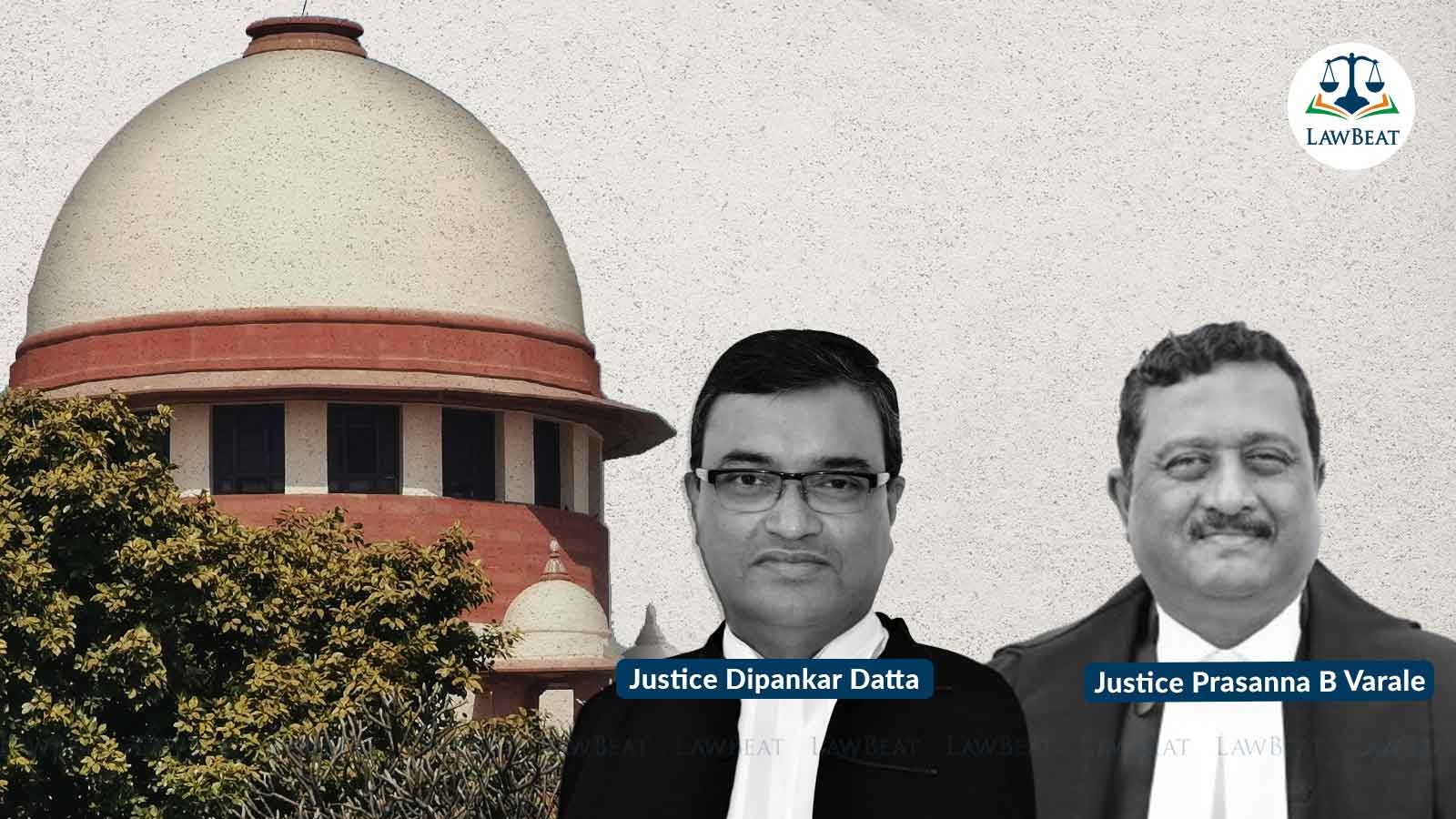SC rejects review plea against judgment granting INR 1.54 Cr compensation to ex-IAF staff

Court while granting compensation had observed that the present case has demonstrated again and again how dignity, honour and compassion towards the appellant were completely lacking in behaviour by the respondent employer
The Supreme Court has declined to reconsider its September 26, 2023 judgment, which awarded a compensation of over Rs 1.54 crore to an ex IAF staff on account of medical negligence holding the Indian Air Force and Army vicariously liable for transfusion of HIV infected blood to him as he fell ill during 'Operation Parakram' in 2002.
A bench of Justices Dipankar Datta and Prasanna B Varale dismissed a review petition filed by Commanding Officer and others.
"We have perused the review petition including the grounds urged in support of the prayer for review of the judgment and order dated 26.09.2023. The judgment and order under review does not suffer from any error, much less apparent error, warranting its reconsideration. That apart, no other sufficient ground has been set up for granting the relief claimed in the review petition. The Review Petition is, accordingly, dismissed," the bench said.
The order was rendered on April 3, 2024.
In its September 26, 2023 judgment, the court had noted the appellant was diagnosed HIV positive, and his immune system had gone down due to the untreated condition for some undetermined time, resulting into reduced mobility. His case has been categorised as 30% disability, sufficient for the IAF to dispense with his service.
Court had thus directed the amount of Rs 1.54 Cr to be paid to the aggrieved staff within six weeks by the IAF, while clarifying it was open to the IAF to seek reimbursement, to the extent of half the sum, from the Indian Army. All arrears related to disability pension too shall be disbursed to the appellant within the said six weeks period, the court had ordered.
The court had also issued a slew of directives for effective implementation of the HIV and AIDS (Prevention and Control) Act, 2017.
Reversing the NCDRC's order which denied had him any relief, the bench had found that the condition in which the appellant found himself, was the direct consequence of the two hospital-establishments and their breach of the standards of care, resulting in the transfusion of the HIV positive infected blood.
The appellant was found infected with HIV in 2014 and he was discharged from service in 2016. "The necessary foundational facts, to hold that the application of res ipsa loquitur (the thing speaks for itself) was warranted, were proved in all detail. The respondents failed to discharge the onus which fell upon them, to establish that due care was in fact exercised and all necessary care standards, applicable at the time, were complied with," the bench had said.
Reflecting upon the shock and agony faced by the appellant, the bench had said the trauma which he felt because of the virtual denial of his condition, the stonewalling attempts of the respondents, in firstly denying his requests for information, and then, holding a CoI behind his back, are actionable.
The bench had also said the present case has demonstrated again and again how dignity, honour and compassion towards the appellant were completely lacking in behaviour by the respondent employer.
"Repeatedly the record displays a sense of disdain, and discrimination, even a hint of stigma, attached to the appellant, in the attitude of the respondent employer. Although this court has attempted to give tangible relief, at the end of the day it realises that no amount of compensation in monetary terms can undo the harm caused by such behaviour which has shaken the foundation of the appellant’s dignity, robbed him of honour and rendered him not only desperate even cynical," the bench said.
Noting that Parliament had enacted the HIV Act, 2017 Court had directed the Union Labour and Employment Secretary to file an affidavit of compliance containing a tabular statement, with respect to implementation of provisions of the Act.
"Every court, quasi-judicial body, including all tribunals, commissions, forums, etc, discharging judicial function set up under central and state enactments and those set up under various central and state laws to resolve disputes shall take active measures, to comply with provisions of Section 34 (suppressing identity of infected persons) of the HIV Act," it had ordered.
It had further directed Chief Justices of all High Courts to compile information, and device methods of collecting information in that regard, anonymising identity of persons affected, appropriately and also complying with provisions of Section 34 (2) of the HIV Act. It told the Registrar General of the Supreme Court also to look into the matter, and frame relevant guidelines which, after approval be issued and implemented.
Case Title: COMMANDING OFFICER & ORS. vs. CPL ASHISH KUMAR CHAUHAN
